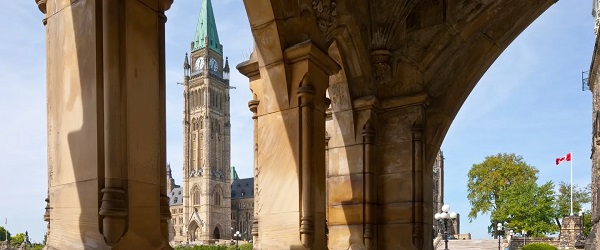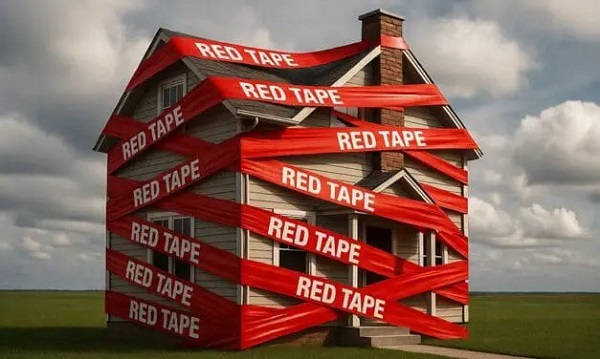Alberta
Proposed $70 billion AI data centre in MD of Greenview could launch an incredible new chapter for western Canadian energy
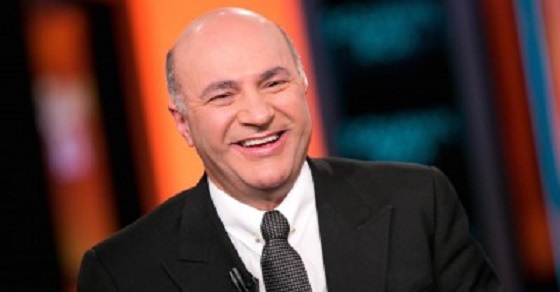
In case you missed it the other day, the Municipal District of Greenview, in west-central Alberta, announced some rather huge plans: to develop the “world’s largest AI Data Centre industrial Park”. The potential total value of the project could exceed a staggering $70 billion. This might, just might, be the tip of a big iceberg, because it shows the first indications that word is spreading about what some people have known for a while: there is no better place for these power-hungry data behemoths than the cold, relatively unpopulated, natural-gas-rich region of western Canada.
The announcement has garnered significant attention, which was awesome to see. The terms “AI data centre” and “$70 billion” will do that, and for good reason. AI is sweeping the world and no business or institution wants to be left behind. Furthermore, everyone wants them yesterday, and the challenge is where to put them all. It’s not easy finding the right place to plop something onto the grid within a few months that consumes the electricity of a small city, that doesn’t cause very problematic disruptions. We are in a power-short world, and this new entrant doesn’t really care. Which spells nothing but opportunity for power-rich regions.
Despite the positivity of the news release, it is important to keep our feet on the ground. Not meaning to be a buzzkill, here, but we shouldn’t fool ourselves that this will be easy. At any rate, here’s a quick run through the challenges, before getting to the more optimistic view. And in the spirit of Kevin O’Leary, I’ll let ‘er rip.
Mr. O’Leary is of course the driving force behind the Greenview AI project, which means that out of the chute it is going to be a colourful ride. He has dubbed himself “Mr. Wonderful” in an odd burst of mirth; the title is I guess supposed to be ironic because he, in his own words, courts controversy. He does seem to go out of his way to be provocative, with a certain Howard Stern-type shock-jock vibe that is not always helpful.
At least a few very bright people I’ve spoken to raise their eyebrows when they hear that Mr. O’Leary is leading this charge (he has even dubbed the location “Wonder Valley”, presumably a play on his chosen nickname, which comes across a bit like a tinpot dictator putting up a huge statue of himself). His business chatter is often mostly a lot of shouting, a lot of feathers but not much chicken; he is an astute businessman but seems to take delight in boisterous battles or boasts that cause people to think otherwise. In a recent BNN interview this past summer, he mused that he would buy TikTok (“I will be the buyer, I think”), which is a bit of an astonishing claim, considering that later in the conversation he went on to talk about his investment in a cupcake-in-a-jar business, which sounds fun, but does not enhance his Renaissance-man-style, nor when talking about executing 70 billion dollar projects. His focus is, to put it mildly, rather wild-eyed.
He is not a stranger to data centers, but even then his low polar moment of inertia leads to some serious longitudinal instability (oops, too much F1 lately). At the 2022 “Montana on the Rise Economic Summit”, he spoke extensively of data centers, concluding that data centers would be built “right here in Montana” because of the clean power attributes, and abundance of space and water. He went on to say that he would only place data centers (he does invest in them) where he requires “policy that he can see at least 7 years ahead.” When he invests in data centers, per his speech, what matters are two parameters: “the source of energy and the stability of the policy and the tax regime.” Regarding energy sources, he talked about Montana’s zero-carbon power sources as being key to this Montana vision of his. His statement was clear: clean power was the key to Montana data center development, from hydro, wind, nuclear. He introduced four speakers that each spoke of the clean power that was pretty much a prerequisite.
But now here he is leading the charge into Canada, which is a great omen possibly, more on that in a second, but it does fly in the face of what he said two years ago. In fact, not just two years ago but even earlier this year he was lamenting that Canada was un-investable. Here is another batch of sound bites from Mr. O’Leary from March 2024, where he vigorously follows up on his requirement for 7 clear years of policy vision: Canada is “run by complete idiots…Canada should have at least five of them [data centers]. There are none of them going on right now because you can’t get energy permits…you wouldn’t waste your time trying to go through the regulatory process of getting a permit issued…No one is going to risk capital there. You cannot get anything done in Canada, not in mining, not in data centers, not in anything to do with the federal government…”
Furthermore, as he ascertains, the challenges will be considerable. He was not wrong in his assessment of Canada’s challenging investment climate, and anyone involved in building anything in Canada can spill yarns until the cows come home about the endless challenges.
You wouldn’t know this by looking at the Wonder Valley website. It is somewhat different than the norm for this type of thing, in Canada – some entities that I am in touch with are attempting to build such projects, but are doing it the hard way – doing as much legwork as possible before making a big public statement, because of the considerable uncertainty. Mr. O’Leary has chosen a different tack, including creating a minute-long AI video of a dreamy forest landscape with prancing deer and pristine buildings, to go with his wonderful name, and anyone with any project development experience up here is well aware of the challenges that are being visually swept under the rug. It makes one wonder just where the project is at in the planning timeline, because the peacock feathers need to be affixed to something substantial, or they’re all just for show. And that’s where this project has an aura of haziness, because anyone that builds anything knows the flash is the easy part.
OK, that was the bad news. And it’s no surprise, we all know he is flamboyantly combative and blustery. But that’s not the end of the story.
Now let’s look at the good. And it could be very good indeed.
Regardless of the antics chronicled above, the fact remains that Mr. O’Leary is a very successful businessman, wh0 does not run from a challenge. There are also numerous reasons why he might just make this all happen despite his historical comments on the topic.
First off, Mr. O’Leary, like everyone else, no doubt has a different view of data centers than from 2022. The whole world has exploded in AI demand in just the past 12 months. So we can easily forgive him for that change of heart, including his adaptation to welcome natural gas. Given the current demand for AI services over the next few years, there is no other way.
Then Mr. O’Leary spoke of Canada being un-investable because of Ottawa. He’s not crazy there, I would agree completely. But the good news is that perhaps the winds of change are blowing so hard that investors might be willing to start placing bets that the era of insane governance in Canada is nearing the end. That would be a very good sign, because this country will continue to sink as long as the current regime keeps flexing in ways that terrify any investor that isn’t building a battery plant or other albatross with the fed’s $.
The last part of the good news equation is that Mr. O’Leary is publicizing something that is exactly right. From the Greenview/O’Leary news release: “Given existing permits, proximity to stranded sources of natural gas, pipeline infrastructure, water and a fiber optic network within just a few kilometers of the Greenview Industrial Gateway, we will be in the ground and up and running sooner than any scale project of its kind… The GIG’s ideal cold-weather climate, a highly skilled labor force, Alberta’s pro-business policies and attractive tax regime make the GIG the perfect site for this project.” Mr. O’Leary has not forgotten the carbon-free angle, noting that geothermal energy is under development in the region as well. And finally, the project, according to the news release, promises a positive relationship with First Nations, a cornerstone of any future large-scale industrial construction in any part of Canada that is not a major city.
Behind the regulatory woes, the tools required to make this project a success are mostly there. The energy sector has a formidable ability to get things done, with a strong, motivated workforce, world-class talent, and legendary enthusiasm. The dynamism of the sector has drawn young people from across the country for decades.
Thanks to the enthusiasm of producers, we are also blessed with many decades of reasonably priced natural gas; we are capable of producing far more than can find a home via pipe. If ever there was a poster child for “in-basin demand”, this is it. The infrastructure is there, the gas is there, the construction talent is there, the fiber optic linkages are there…it’s quite a list of assets.
Those of us watching the energy industry from the inside have known since the topic went viral that inland western Canada possesses everything necessary to successfully host massive AI data center developments. The challenge has been the vast, thick wet blanket of regulatory strangulation and business animosity that has grown like a weed across the country.
If it takes a bombastic guy like Kevin O’Leary to punch through that mess and start the first wave of what could be a very large infusion of capital into Canada, then so be it and I welcome his project and even him with open arms. Furthermore, I’m sure nothing drives him forward like being told he will not accomplish something.
And to be very clear on the point: Mr. O’Leary is an entrepreneurial guy who gets things done. That is exactly what we need more of in Canada. Or rather, we have lots of those types, but they’ve been demoralized for a decade by the current political and regulatory environment that actively dislikes the hydrocarbon sector. Maybe exactly what we need is someone larger than life to kickstart things. We do know that the demand for AI data centers seems insatiable, and once the trail is blazed for new, co-located projects, perhaps many more will rapidly follow.
Mr. O’Leary, wishing you all the best and I will gladly print and eat this column at your convenience (I get to choose font) should you bring Wonder Valley to life. If you do, it could be the cornerstone for a whole new industry up here, and the benefits to Canada will be glorious.
It’s all happening as expected, more or less – an energy transition isn’t quite so simple. Find out what readers knew years ago in The End of Fossil Fuel Insanity – the energy story for those that don’t live it, and want to find out. And laugh. Available at Amazon.ca, Indigo.ca, or Amazon.com.
Read more insightful analysis from Terry Etam here, or email Terry here.
Alberta
Alberta teachers to vote on tentative agreement with province

President of Treasury Board and Minister of Finance Nate Horner issued the following statement about the ongoing negotiations with TEBA and the ATA:
“Last Friday, the Alberta Teachers’ Association (ATA) made an offer to the Teachers’ Employer Bargaining Association (TEBA). Both parties have agreed to form a tentative agreement based on shared priorities and members will vote on the tentative agreement in the coming days.
“My thanks to both parties for their work in developing a tentative agreement that reflects elements that are good for teachers and the education system, as a whole.
“Alberta’s government is investing nearly $10 billion, the largest investment in the province’s history, to support the province’s teachers and students. On top of that, we’re putting $8.6 billion into building and renovating over 130 schools so students have safe, modern spaces to learn. Alberta’s government has also committed to hiring 3,000 additional teachers to reduce class sizes and support student learning.
“If ratified, this deal will form the basis for labour stability in the province and will be a positive path forward for a successful school year for our kids. Out of respect for the ratification process, I won’t get into the specifics of the deal, but I will say the tentative agreement is strong on classroom investment.
“At this time, both TEBA and I have no further comments.”
Alberta
Alberta pro-lifers demand protections for infants born alive after failed abortions
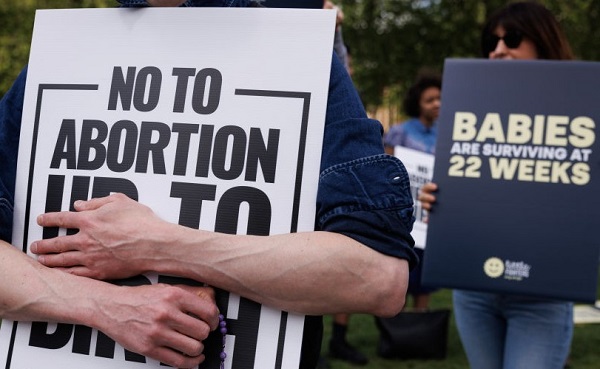
From LifeSiteNews
Prolife Alberta’s ‘Left to Die’ campaign demands protections for the hundreds of babies born alive after failed abortions, urging policy changes to ensure they receive medical care.
Prolife Alberta has launched a campaign to demand protections for children born alive after failed abortions.
The organization announced a new initiative titled “Left to Die,” which seeks to expose Alberta’s current policy that leaves babies born alive after botched abortions to die without care.
“LeftToDie.ca shines a light on a tragedy most Albertans don’t even know is happening: babies being born alive after failed abortions and left to die without care,” a Prolife Alberta spokesperson told LifeSiteNews.
“Using official government data, we are exposing this hidden reality and mobilizing grassroots citizens to press Alberta’s elected officials to act,” the spokesperson continued. “Our goal is to see AHS policies revised so this practice can no longer continue, and to establish clear protections ensuring that every child born alive — no matter the circumstances — receives the same right to medical care and comfort as any other newborn.”
According to official data from the Canadian Institute for Health Information (CIHI), which is the federal agency in charge of reporting the nation’s health data, in 2023-2024, there were a staggering 133 late-term abortions in Alberta. Of these, 28 babies were born alive after the abortion and left to die.
This fact was recently exposed in an opinion piece published by the Western Standard from Richard Dur, who serves as the executive director of Prolife Alberta.
However, so far, Alberta officially has failed to introduce legislation to protect babies born alive after abortions despite knowing about the situation.
As Prolife Alberta pointed out, “twenty-five years ago, as a columnist for the Calgary Herald, Danielle Smith exposed the horror of babies being born alive after failed abortions and left to die – a ‘horrific practice,’ in her own words.”
“Today, as Premier of Alberta, she is in a position not just to write about this injustice — but to end it,” the organization explained. “Every day adds to 25 years of silence since that article was published. Her silence — and that of her government — sustains the policy.”
The new campaign encourages Albertans to educate themselves regarding the situation and to share this information and the campaign with their family and friends. Albertans are also advised to contact their local MLA through the new website and to urge them to support protections for babies born alive.
“Regardless of where one stands on abortion, life after birth should matter to all of us,” Prolife Alberta told LifeSiteNews. “To deny a living child even the most basic medical care — merely because of the circumstances of their birth — is a profound moral failure.”
“These human beings have survived an attempt on their life in the womb, only to be abandoned to death outside it,” the organization continued. “Revising health policies that permit this would not regulate or restrict abortion in any way, but it could save a newborn child’s life.”
As reported by LifeSiteNews recently, 150 babies were born after botched abortions in 2023-2024 in Canada. However, it’s not known how many survived.
Similarly, reports from 2018 have indicated that 766 babies were born alive after late-term abortions in Canada between 2013 and 2018 and presumably left to die.
-

 Business2 days ago
Business2 days agoOver $2B California Solar Plant Built To Last, Now Closing Over Inefficiency
-
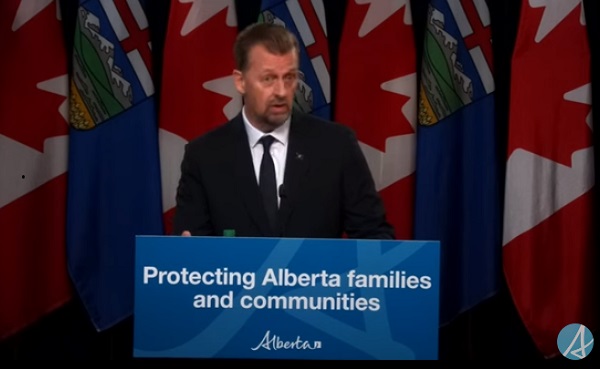
 Alberta2 days ago
Alberta2 days agoAlberta’s Justice and Public Safety Ministers shoot down Ottawa’s firearm buyback failure
-

 Business2 days ago
Business2 days agoGoogle says Biden admin ‘pressed’ it to censor some COVID-19 content
-
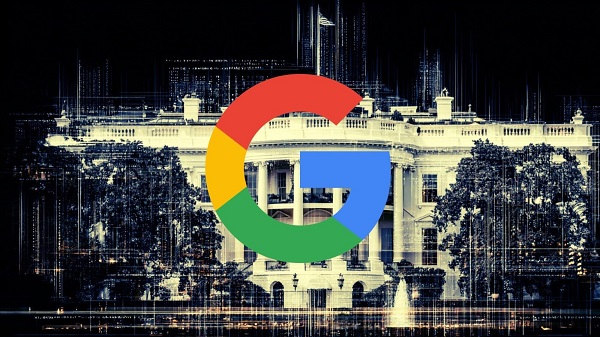
 Business2 days ago
Business2 days agoGoogle Admits Biden White House Pressured Content Removal, Promises to Restore Banned YouTube Accounts
-

 National1 day ago
National1 day agoStatscan: Canada is getting Older, Poorer, and Smaller
-
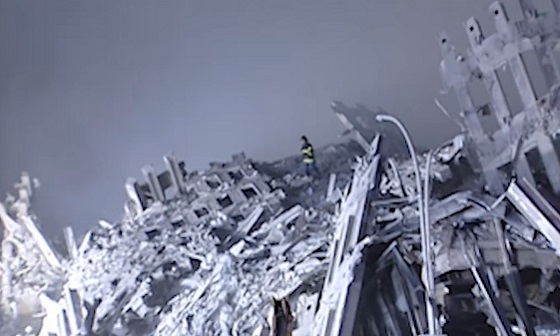
 espionage1 day ago
espionage1 day ago24 years later: Tucker Carlson releases interview with retired CIA agent claiming the CIA KNEW 9/11 was coming
-

 espionage1 day ago
espionage1 day agoCanada Under Siege: Sparking a National Dialogue on Security and Corruption
-

 Autism1 day ago
Autism1 day agoSecretary Kennedy’s Key Remark at Autism Press Conference



